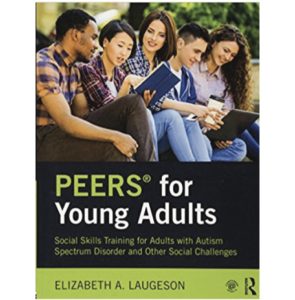Learning and the Brain Blog
Two research groups studied (more or less) the same technique...
Two simple techniques to overcome mundane daily obstacles make it...
Adding to a complex research history, a new study finds...
Scholars who focus on learning have long debated the importance...
As predicted by research into "retrieval practice," closed-book quizzes do...
Neuroscience offers fascinating insights into brains; psychology provides specific teaching...
How to fall asleep faster? According to this research, take...
With teaching as with baking, sometimes you should follow steps...
When we see alarming statistics about gender disparities in STEM...
Young people with Autism Spectrum Disorder (ASD) typically want social...
You have, no doubt, heard about this research before. Walter...
Here's a quick summary of information about memory: sensory memory,...
Music played during a creative task distracts students...but, music played...
Researchers office us concrete advice on the best form for...
Should teachers ask students to work on projects in teams?...

















